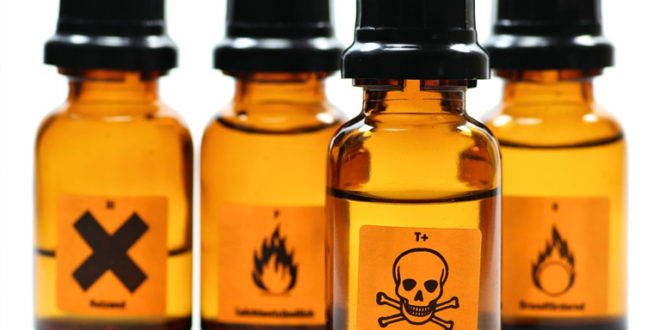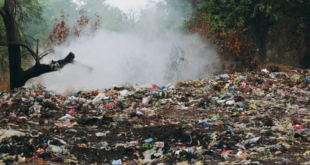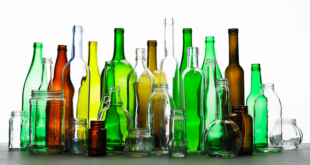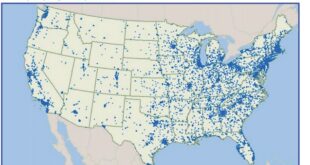In household products there are dangerous chemicals and other toxins in our homes.
We will provide information on how to tame this toxic menace that we live with every day — the household cleaners under our kitchen sinks, the pesticides in garages and sheds, even some personal care products — that are slowly killing us.
Your home will be safer without thes hazardous chemicals.
By reading this article, you will learn to identify the dangerous chemicals used in common household products, why exposure to these chemicals is dangerous and how it can affect your health.
Find recipes for safer (often cheaper) cleaning products so you can make your own safer cleaning products.
Get the scoop on so-called “natural” or “green” products and which ones really are.
Find out how to control or kill household pests without using dangerous pesticides.
Read many other common sense solutions to rid your home of these dangerous chemicals, this toxic menace.
Today’s example is drain cleaners.
The drain cleaners we buy at the store are very corrosive, using either a strong acid like hydrochloric acid or a base like sodium hydroxide. These chemicals let off poisonous fumes when exposed to the air, and will burn your skin very badly if exposed while pouring down a drain.
They can also damage the pipes you are trying to clear. Plain white vinegar can be just as effective if allowed to sit in the clogged pipe for 15 – 30 minutes, especially if you wash the clog through with pressurized warm water. Best of all, white vinegar is only a mild acetic acid and it has no toxins.
Are we our own worst enemies
In the old cartoon “Pogo,” one of his most famous quotes to his son Porky was “We have met the enemy … and it is us.” While that quote referred to politics, the same quote is appropriate for the way Americans expose themselves to toxins by using common cleaning products every day.
When we go to grocery stores and department stores to shop for cleaning products, we are amazed at the number of cleaners on the shelves that contain deadly toxins. Household cleaners, disinfectants, drain cleaners and many other products contain solvents, acids, bases and pesticides.
Are we doomed to meet the fate in Pogo’s quote, or is America smarter than that?
We’re smart enough to pull ourselves out of this dilemma, but it will take some effort on our parts.
Household cleaning products have “advanced” far beyond the simple non-toxic cleaners from the 1970′s and 80′s, like white vinegar, baking soda and Borax.
These “modern” products are designed to make cleaning easier with less effort scrubbing and soaking, but they come at a high price. The chemicals used for cleaning are stronger and exposure to many of these chemicals can have short-term and long-term health effects.
But there is hope, if we take the time to educate ourselves on less toxic cleaning products and use them.
When is a hazardous waste not regulated as a hazardous waste
The answer may surprise you!
A business can’t throw hazardous waste in their dumpster, but you, as a homeowner, can throw it in your trash can where it will pollute a landfill and possibly endanger sanitation workers.
Household Hazardous Wastes (wastes generated in households) are not regulated as hazardous wastes by the United States Environmental Protection Agency (USEPA) or any state government within the 50 states.
Since 1980, the USEPA has excluded all wastes generated by households from regulation as hazardous waste, and all 50 states have followed suit. This exclusion is very dangerous for garbage haulers and those who work at transfer stations and landfills because there are many household wastes that can cause serious injury if handled improperly.
The chemicals in drain cleaners, pesticides, batteries, and a host of other wastes can cause injuries for these workers. If these same chemicals were used in an industrial setting, the wastes would be strictly regulated and the workers would be required to wear personal protective clothing like nitrile gloves, splash aprons and safety goggles.
It is important to know that if the wastes from a house are removed by a contractor, the waste is not excluded from the definition of solid or hazardous waste and is subject to the strict industrial standards mentioned above, including proper disposal at a permitted facility, which can be very expensive.
The next time you handle household chemicals, be sure to read the labels carefully and follow the instructions for personal protection and proper application and disposal.
 Real Time News – Go Fan Boy All the news and information that matters
Real Time News – Go Fan Boy All the news and information that matters





